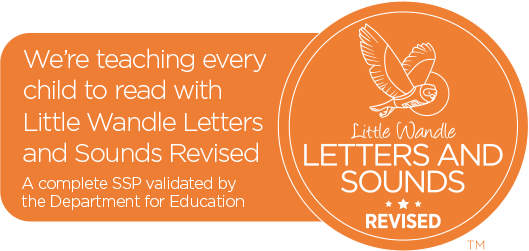History
Our aim at Lord Street Primary School is to encourage children to become historians for life by developing an appreciation and understanding of the past. We want our children to develop skills which build over time to help them expand their knowledge of history. We believe that high quality history lessons inspire children to want to know more about the past and its influence on the world of today.
We want our children to have a clear historical perspective on key events and people from their local community, the region, the country and the world and to be able to apply this knowledge to understand why people behaved in the way they did and how it might affect the world today and its choices. We want our history curriculum to be accessible for all, and in turn maximise outcomes for each child. We aim to ignite a curiosity in our pupils, enabling them to make connections between past events and their own lives, and to become responsible and engaged citizens.
Our history curriculum is carefully designed to provide a broad and balanced coverage of key historical periods, themes, and concepts, while ensuring clear progression of knowledge and skills throughout the primary years.
History is taught as a standalone subject in both key stage one and key stage two with each year group learning about three different areas of history: Local, British and Global.
Within each of those units there is an enquiry questions and key concepts which underpin the key knowledge and skills. The curriculum progresses through skills, knowledge and vocabulary. In addition to this, we have carefully sequenced educational visits to provide experiential learning to enhance our children’s historical understanding.
Our teaching aims to help our children develop the four 'Big Ideas' or key concepts that all historians are constantly developing! They are on the road to being the new 'Indiana Jones'!
They are:
- Communicate historically
- Understanding Chronology
- Overview of world history
- Investigating and interpreting the past
We recognise the importance of representing diverse cultures, voices, and experiences from various historical periods. Our curriculum reflects the rich tapestry of British history, as well as global perspectives, ensuring that pupils learn about the contributions of individuals from different backgrounds and cultures. We actively promote inclusion and challenge stereotypes to create a learning environment that celebrates diversity.
Evidence
At Lord Street children have the opportunity to record their learning in a variety of ways. Evidence of the learning is dependent on the lesson outcome, year group and the knowledge and skills being developed.
Assessment
Teachers assess children’s learning throughout each lesson to ensure understanding of skills and knowledge before building onto future learning. Teachers use a range of questioning and retrieval practice to assess children against the aims of the lesson. In addition, children will also complete end point assessments at the end of each unit to assess their substantive and disciplinary knowledge.
Subject Leaders
Subject leaders will conduct deep dives, which include lesson drop ins, pupil interviews and book looks to measure the impact of our teaching, based on how much children can remember. Subject leaders will meet with their counterparts from our other trust schools and will moderate the work and monitoring outcomes from their setting to ensure that standards are exceeding the expectations





